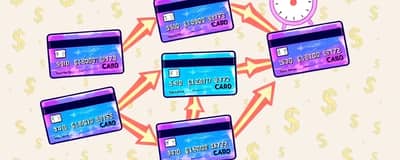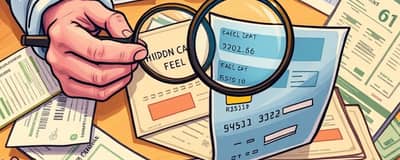Credit Card Fraud: 6 Essential Tips to Protect Yourself
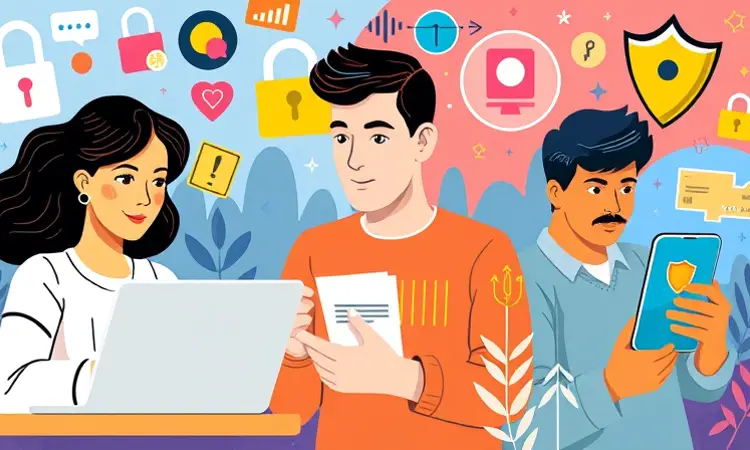
Credit card fraud is a pervasive threat in today's digital world, affecting millions of people each year. Fraudsters are constantly finding new ways to exploit vulnerabilities, making it crucial for individuals to stay informed and proactive about their financial security.
Understanding the mechanisms behind credit card fraud can empower you to take control of your financial safety. The more you know about potential risks, the better equipped you will be to avoid becoming a victim.
This article outlines six essential tips to help protect yourself from credit card fraud, along with steps to take if you ever find yourself targeted.
Understanding Credit Card Fraud

Credit card fraud occurs when someone uses your credit card information without your permission, often resulting in unauthorized purchases. This can happen through various means, such as stolen physical cards or hacking into online accounts to access card information.
The rise of e-commerce and online banking has significantly increased the incidents of credit card fraud. While shopping online is generally safe, it's easy to fall victim if proper precautions are not taken.
Businesses, banks, and credit agencies are working hard to combat these threats, but personal vigilance is essential. Understanding how fraudsters operate can help you safeguard your information more effectively.
1. Monitor Your Accounts Regularly
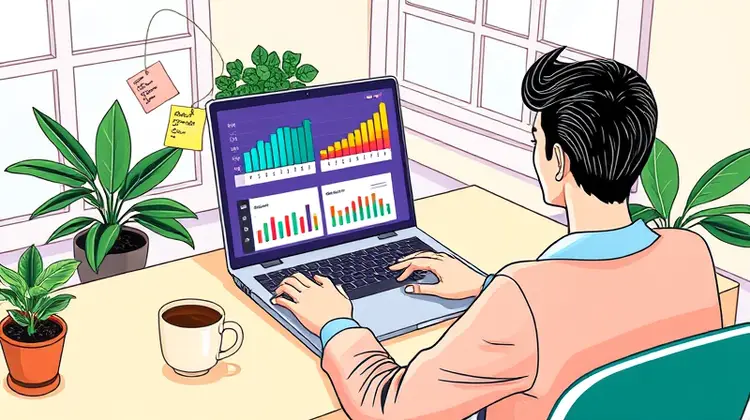
One of the best ways to detect credit card fraud early is to monitor your bank accounts regularly. Reviewing your transactions can help you spot any unauthorized charges quickly, allowing for swift actions to minimize damage.
- Check your account statements at least once a month.
- Look for unfamiliar transactions or charges you don’t remember making.
- Report any suspicious activity to your bank immediately.
Regular account monitoring not only helps in identifying fraudulent charges but also allows you to keep track of your spending habits, which can be beneficial for budgeting.
2. Use Secure Payment Methods
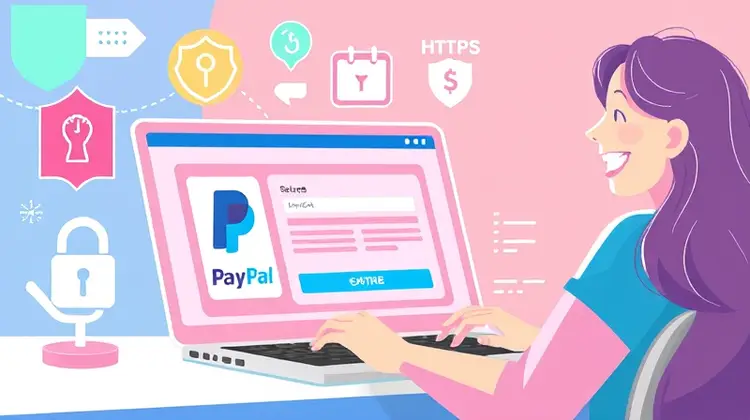
When making online purchases, always prioritize secure payment methods. Using services like PayPal or virtual credit cards can add an extra layer of security, protecting your actual credit card details from prying eyes.
Avoid using debit cards for online transactions, as they are directly linked to your bank account and can lead to financial loss more quickly than credit card fraud.
- Use credit cards that offer fraud protection.
- Look for websites that use HTTPS in their URLs for encrypted communication.
- Avoid public Wi-Fi when entering your payment information.
By utilizing secure payment methods, you can significantly reduce the risk of your credit card information being compromised during transactions.
3. Be Cautious with Personal Information
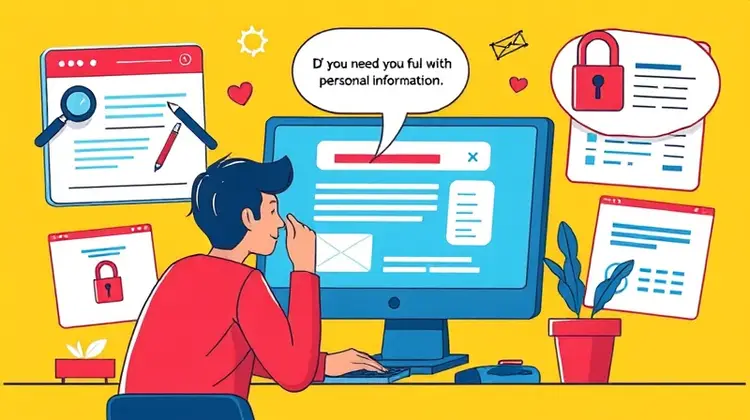
Be mindful of sharing personal information, especially online. Many phishing scams rely on unsuspecting victims sharing sensitive details, which fraudsters can then use to perform unauthorized transactions.
When asked for personal information, always question the necessity of sharing that data. Legitimate companies should only require essential information and should protect it.
- Don't share your credit card details via email or over the phone unless you initiated the contact.
- Be wary of online forms that ask for more information than necessary.
- Always verify the legitimacy of a company before sharing your information.
Taking care with your personal information can significantly diminish the chances of falling victim to identity theft, which often accompanies credit card fraud.
4. Update Your Software
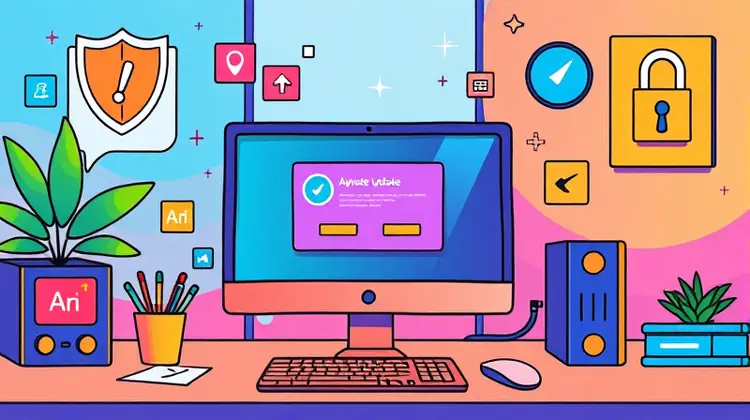
Keeping your software and apps updated is crucial for preventing credit card fraud. Updates often include patches for security vulnerabilities that hackers may exploit. This applies to your device's operating system, browsers, and any security software you use.
Always enable automatic updates when possible for your devices and applications to ensure you are protected against the latest threats.
- Regularly update your antivirus and anti-malware software.
- Install firewalls and keep them active.
- Avoid downloading applications from untrusted sources.
By staying on top of software updates, you can protect yourself from many potential threats and safeguard your sensitive information.
5. Use Alerts and Notifications

Setting up alerts and notifications for your credit card transactions can help you stay informed about your account activity in real-time. Most banks allow you to customize alerts for specific transactions or spending limits.
- Receive notifications for large purchases.
- Get alerts for any transactions made outside of your usual spending patterns.
- Set up alerts for when your credit card balance reaches a specified amount.
Using alerts and notifications can quickly notify you of unauthorized use of your credit card before significant damage occurs.
6. Educate Yourself About Scams
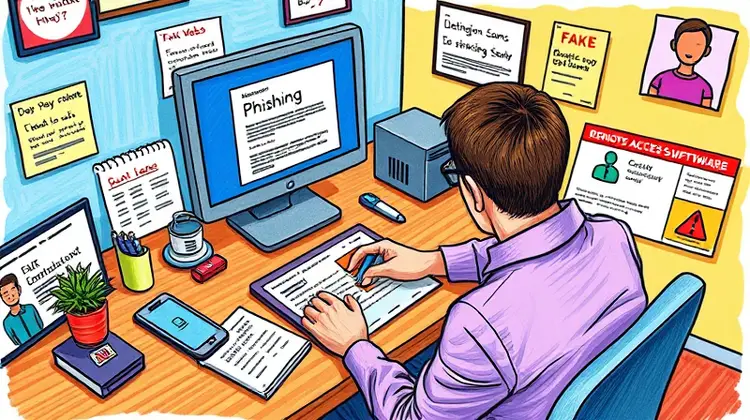
Knowing about various scams and fraud tactics is essential for protecting yourself. The more aware you are of fraudulent schemes, the better you can avoid becoming a victim.
- Phishing emails or texts that mimic legitimate companies.
- Fake websites that look similar to reputable online stores.
- Scams involving remote access software to manipulate your computer.
Becoming educated about potential scams can empower you to spot red flags and take action before falling victim to fraud.
What to Do If You Become a Victim
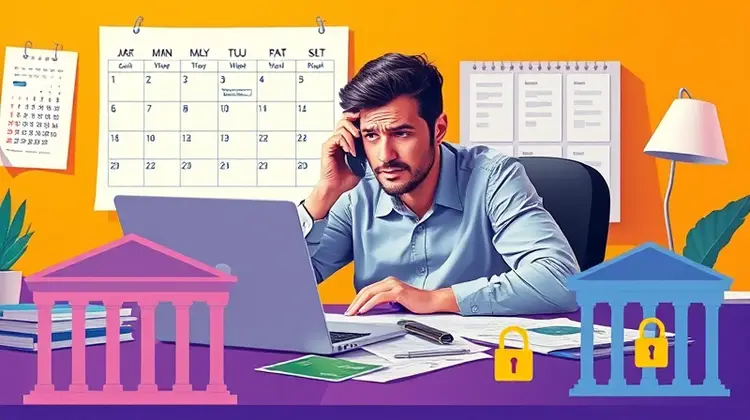
If you discover that you have become a victim of credit card fraud, act quickly to mitigate any potential damage. First, contact your bank or credit card company to report the unauthorized transactions and freeze your account if needed. Make sure to keep a record of the conversation for future reference.
You should also report the fraud to the Federal Trade Commission (FTC) or your country's consumer protection agency. This can help investigate the fraud and assist in protecting others from similar situations.
Lastly, monitor your credit reports for any unusual activity and consider placing a fraud alert on your credit profile to prevent further damage.
Conclusion
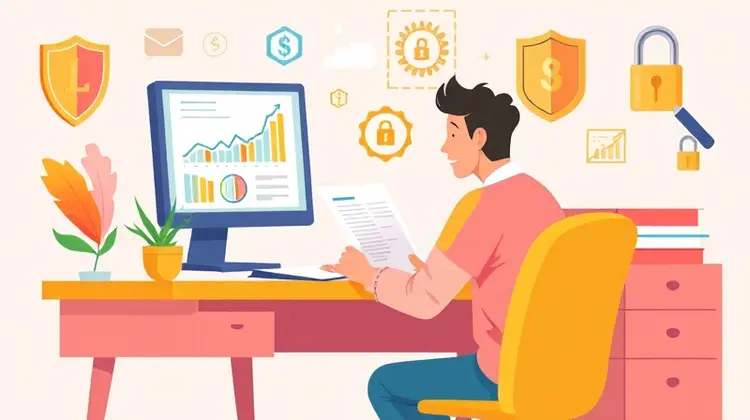
Credit card fraud can happen to anyone at any time, making it crucial to take preventive measures. By staying aware and proactive, you can significantly lower your risks and protect your financial information. Incorporating these essential tips into your routine will put you in a strong position against fraudsters.
Remember, it is better to be diligent and cautious than to deal with the repercussions of credit card fraud. Educate yourself, monitor your accounts, and ensure your information is safe to safeguard yourself from this ever-present threat.





